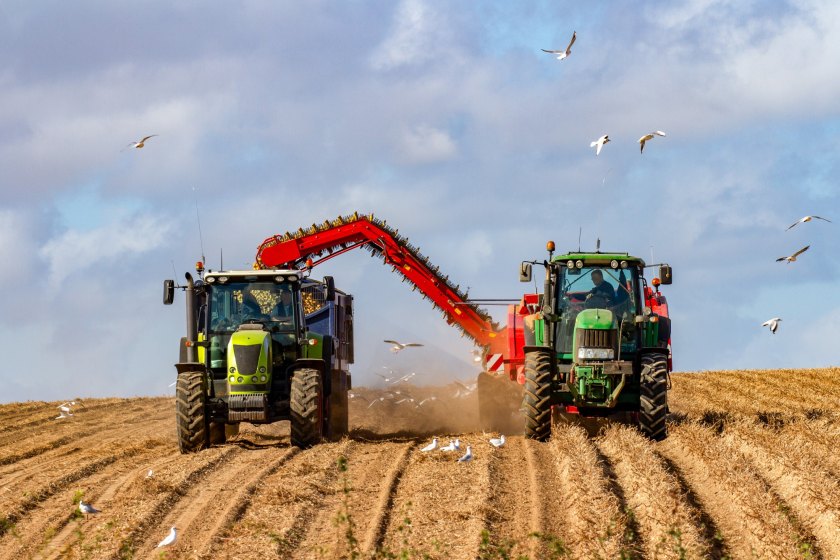
Farmers are being advised to take a cautious approach when investing in new agricultural machinery following a volatile period in the market.
As the market recovers from a drop in tractor sales, informed decisions need to be made before looking at new purchases, rural insurance broker Lycetts says.
According to figures, tractor registrations fell back in 2020 to their lowest level in 20 years, driven by uncertainties caused by the pandemic, reduced labour capacity, climate extremes and Brexit.
Despite an upturn following the easing of restrictions from the first wave of Covid, registrations for the year were still 14% lower than in 2019, totalling 10,380 machines.
And as the latest figures show – with tractor sales from August 2020 to August 2021 increasing by a quarter – confidence in capital investment is picking up, which may be influenced by favourable tax incentives.
For farmers who deferred buying new machinery, now may seem like the most appropriate and cost-effective time to invest – but James Treverton, of Lycetts, warns against hasty decisions.
"It is important that farmers take stock, to thoroughly plan purchases, including cost-effectiveness based on farm output projections," he said, adding that farmers should have an investment strategy in place before purchasing.
“The first step is to conduct a full audit of machinery, taking account of predicted value, depreciation, remaining interest, machinery condition, suitability for current operations, and running costs."
Farmers should also have a clear idea of how current vehicles and potential investments fit within their yearly budget, Mr Treverton explained.
Dated machinery may not be as effective and have higher running and maintenance costs, he said, but new machinery involves significant upfront costs that eat into often stretched income.
“Farmers are already feeling the financial squeeze and it is a fine balancing act between getting full use out of current machinery and making a valuable and timely investment that can help boost productivity."
Mr Treverton added: “Engineering inspections can help give farmers valuable insight and give farmers a steer on the feasibility of replacing or repairing machinery to maximise efficiencies and reduce cost burdens.”
He said it was also important for farmers to remember the insurance implications of buying new machinery.
"Farm machinery – in particular high-end, technologically-advanced equipment – is an attractive target for thieves and can be very costly to replace or repair should it be stolen or damaged.
“Ensure that any new piece of equipment has the right level of cover, that the building it is stored in has the right level of cover, and that security is robust.”
